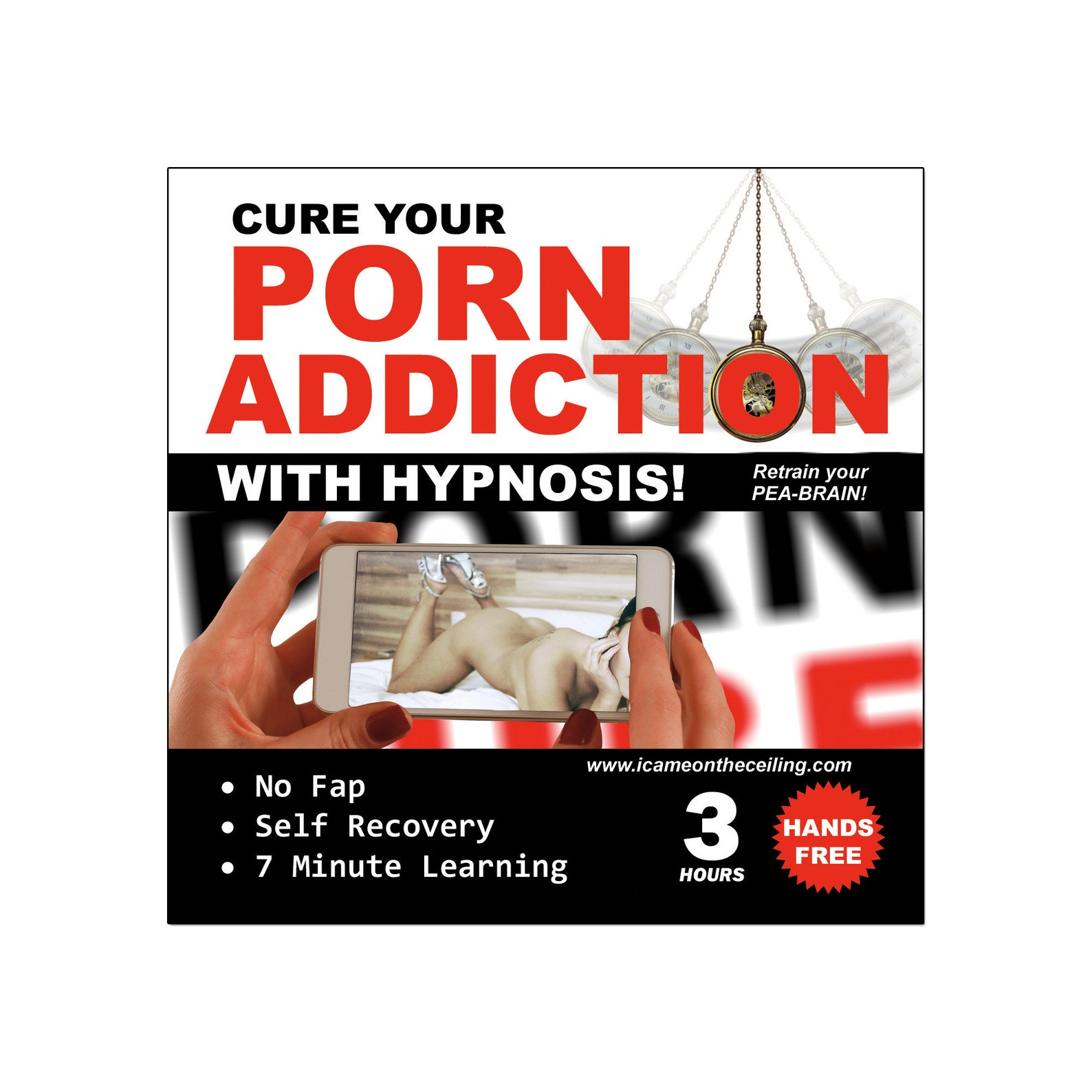

Reviews of both clinical research in humans and preclinical studies involving ΔFosB have identified compulsive sexual activity – specifically, any form of sexual intercourse – as an addiction (i.e., sexual addiction). Preclinical evidence has demonstrated that marked increases in the expression of ΔFosB through repetitive and excessive exposure to a natural reward induces the same behavioral effects and neuroplasticity as occurs in a drug addiction. The term "behavioral addiction" refers to a compulsion to engage in a natural reward – which is a behavior that is inherently rewarding (i.e., desirable or appealing) – despite adverse consequences. 10.2 The suffixes "-holic" and "-holism".10.1.3 The Critical Medical Anthropology Model.10.1 A biopsychosocial–spiritual understanding of addiction.3.3.3.1 Transgenerational epigenetic inheritance.Addiction can occur in the absence of dependence, and dependence can occur in the absence of addiction, although the two often occur together. Addiction is the compulsive use of a substance or performance of a behavior that is independent of withdrawal. An important distinction between drug addiction and dependence is that drug dependence is a disorder in which cessation of drug use results in an unpleasant state of withdrawal, which can lead to further drug use. The term "addiction" is frequently misused when referring to other compulsive behaviors or disorders, particularly dependence, in news media. With the introduction of the ICD-11 gaming addiction was appended. The only behavioral addiction recognized by the DSM-5 and the ICD-10 is gambling addiction. Įxamples of drug and behavioral addictions include alcoholism, marijuana addiction, amphetamine addiction, cocaine addiction, nicotine addiction, opioid addiction, video game addiction, gambling addiction, pornography addiction and sexual addiction. Habits and patterns associated with addiction are typically characterized by immediate gratification (short-term reward), coupled with delayed deleterious effects (long-term costs). Classic signs of addiction include compulsive engagement in rewarding stimuli, preoccupation with substances or behavior, and continued use despite negative consequences. This phenomenon – drugs reshaping brain function – has led to an understanding of addiction as a brain disorder with a complex variety of psychosocial as well as neurobiological (and thus involuntary) factors that are implicated in addiction's development. Repetitive drug use often alters brain function in ways that perpetuate craving, and weakens (but does not completely negate) self-control.

tolerance – the diminishing effect of a drug resulting from repeated administration at a given doseĪddiction is a neuropsychological disorder characterized by a persistent and intense urge to engage in certain behaviors, often usage of a drug, despite substantial harm and other negative consequences.substance use disorder – a condition in which the use of substances leads to clinically and functionally significant impairment or distress.sensitization – an amplified response to a stimulus resulting from repeated exposure to it.rewarding stimuli – stimuli that the brain interprets as intrinsically positive and desirable or as something to approach.reinforcing stimuli – stimuli that increase the probability of repeating behaviors paired with them.psychological dependence – dependence that involves emotional–motivational withdrawal symptoms (e.g., dysphoria and anhedonia).physical dependence – dependence that involves persistent physical– somatic withdrawal symptoms (e.g., fatigue and delirium tremens).drug withdrawal – symptoms that occur upon cessation of repeated drug use.drug sensitization or reverse tolerance – the escalating effect of a drug resulting from repeated administration at a given dose.dependence – an adaptive state associated with a withdrawal syndrome upon cessation of repeated exposure to a stimulus (e.g., drug intake).addictive drug – psychoactive substances that with repeated use are associated with significantly higher rates of substance use disorders, due in large part to the drug's effect on brain reward systems.addiction – a biopsychosocial disorder characterized by persistent use of drugs (including alcohol) despite substantial harm and adverse consequences.Psychiatry, clinical psychology, toxicology, addiction medicineĪddiction and dependence glossary Brain positron emission tomography images that compare brain metabolism in a healthy individual and an individual with a cocaine addiction


 0 kommentar(er)
0 kommentar(er)
